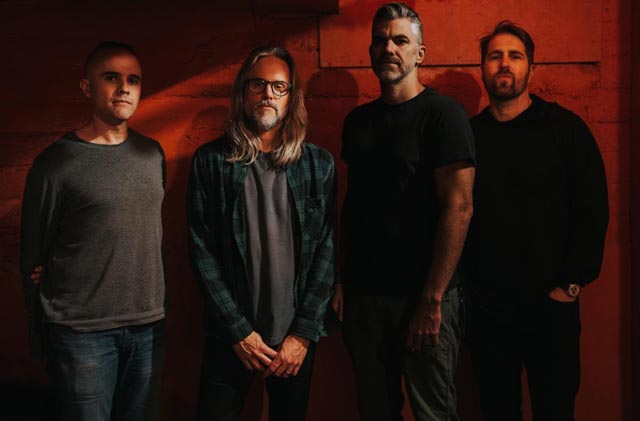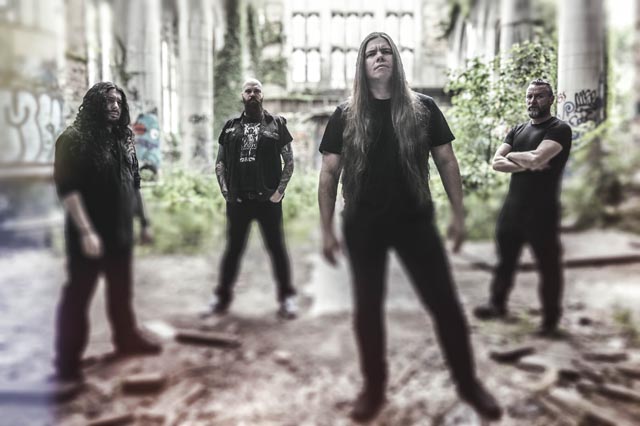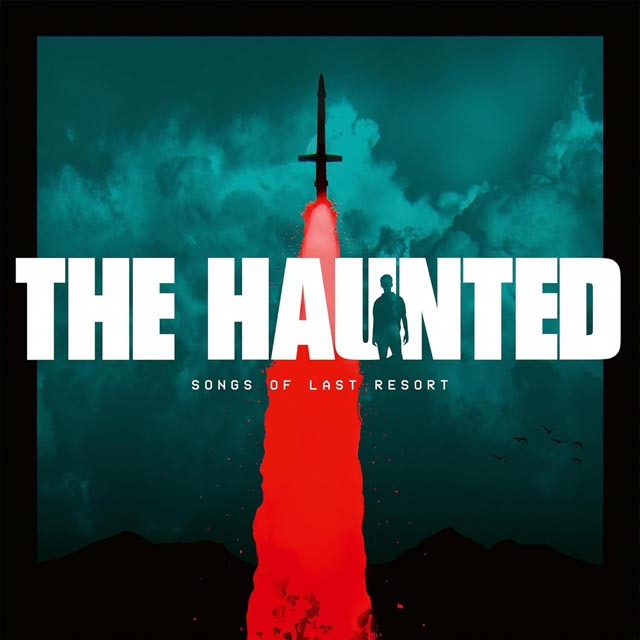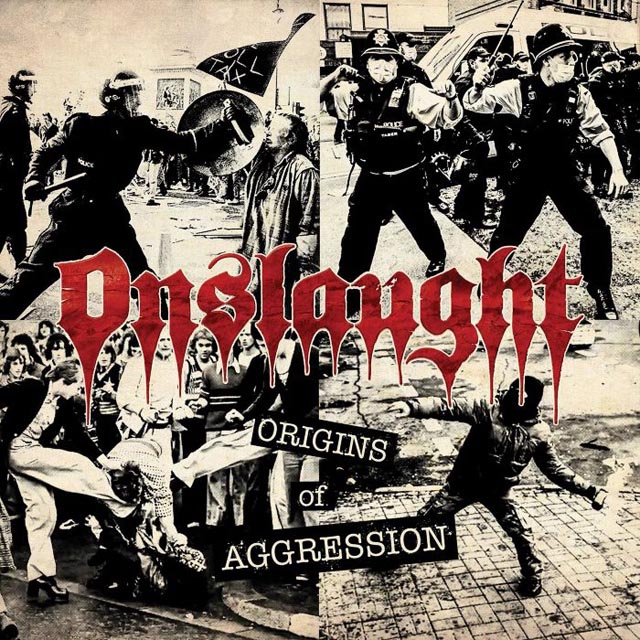 Right now, when a song gets played on AM or FM radio, composers and music publishing groups get paid. Should the performers be getting paid as well? That’s what the Performance Rights Act is suggesting, and after kicking around Washington for a while, it looks like action will be taken on it this year.
Right now, when a song gets played on AM or FM radio, composers and music publishing groups get paid. Should the performers be getting paid as well? That’s what the Performance Rights Act is suggesting, and after kicking around Washington for a while, it looks like action will be taken on it this year.
Forbes Magazine reports about the battle that’s brewing, and who’s taking what sides. The NAB (National Association of Broadcasters) is in opposition to the act, stating that paying performers on top of composers and publishers will drive smaller stations out of business. It’s no secret that radio stations are losing money right now, with several radio companies filing for bankruptcy in the death rattle of the last decade. However, any station with less than $1.25 million in annual revenue would be able to play a flat fee of no more than $5,000 per year, which is about 75% of radio stations. Still though, $5,000 is $5,000, and even if that’s less than $100/week for stations, you can’t get blood from a stone, especially if that stone has seen its relevance and audience shrink significantly in the past few years. The NAB and some of the broadcast groups have formed the Free Radio Alliance to try to combat the Performance Rights Act.
On the other side is the RIAA (Recording Industry Association of America) and SoundExchange, who state that session musicians and others that are on recordings should be paid. Labels are also on the side of the Performance Rights Act, since they would profit as well. And if anyone knows what it’s like to be broke, it’s record labels.
While a version of the Performance Rights Act has been in congress since last year, the legislation passed both House and Senate, so a decision will have to be made before too long. It’s a pretty complex case, actually. Both sides have some points. The Free Radio Alliance people are saying that radio airplay gives the artists and labels free promotion and drives record sales, which is true, at least with pop music. But Internet and satellite radio have to pay both composers and performers. Either way, it looks like this is going to be a knock-down, drag-out fight to the finish.






